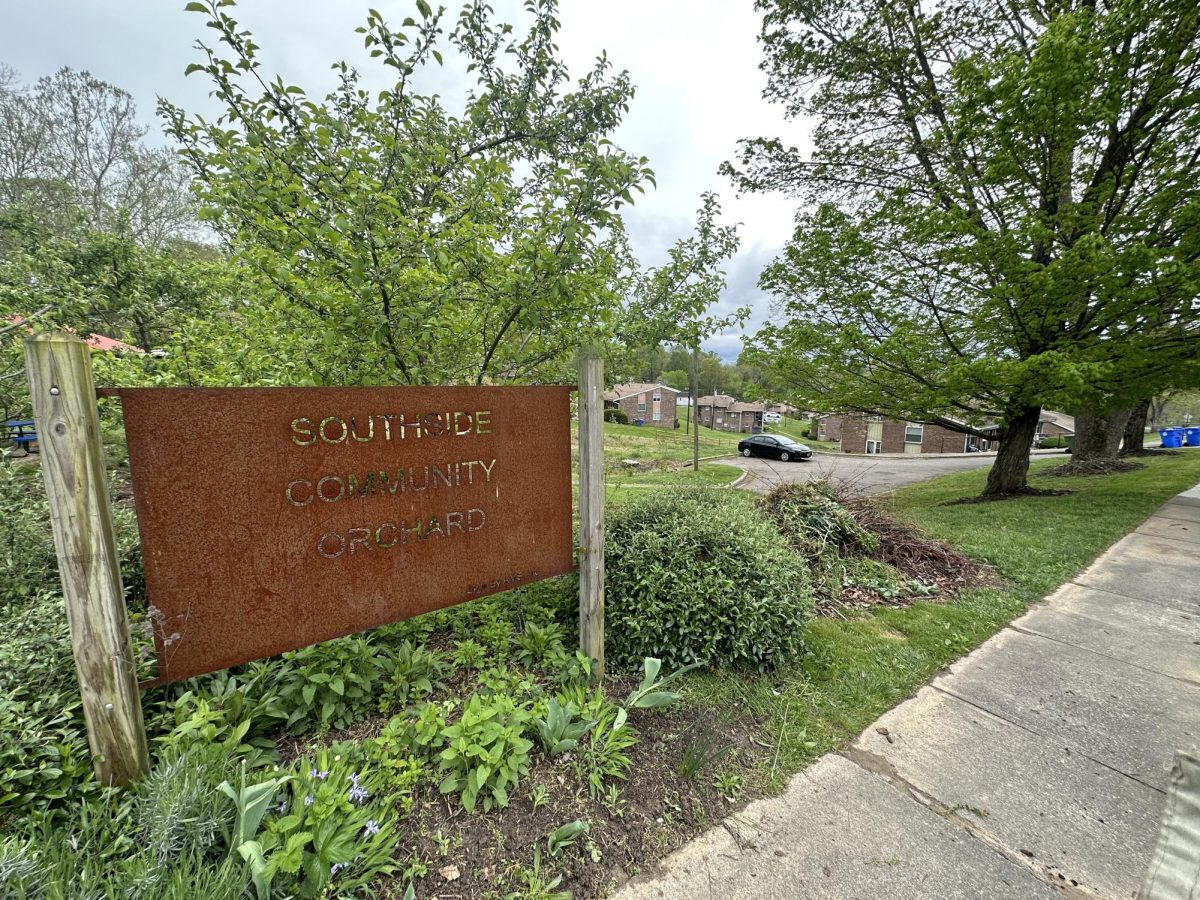It is the start of another fall semester and, for many students across the nation, another exciting season of football. While many of us are gearing up for a semester of papers and exams, there are many more working and waiting just as excitedly for an action-packed college football season.
Having moved to Asheville for college from Eastern North Carolina, an area full of spirited and long-lasting college rivalries, the present lack of collegiate football at UNC Asheville got me thinking: are UNCA students really missing out on anything?
There are tons of facts and figures out debating this very topic and I promise I will keep the “data speak” to a minimum. However, the exhausting list of information that exists and studies regarding the benefits or detriments of college football contains information that is, really, quite surprising.
First, there is the obvious. Having a college football team is an easy and effective marketing campaign. There is always the possibility of playing a nationally televised game (because, really, who would turn down that opportunity?). There are moments, however, in every college’s football history, which one would rather had not been televised.
My hometown is Greenville. In my years growing up in Pirate Country, I witnessed intense football rivalries. Following a win against the University of Miami in 1999, East Carolina University received bitter reviews from the press and alumni after ECU fans stormed the football field at NC State University, supposedly neutral playing territory for the game, tearing down the Wolfpack’s field goal post and dragging it down I-40 East. That moment in history, while hilarious, was detrimental to ECU’s reputation, creating a backlash which sent East Carolina’s public realtions team into a whipped frenzy. Many agreed those participating in the destruction went too far in their celebration of ECU’s win to national powerhouse Miami, and the act itself was spurred by the intense rivalry between NC State and East Carolina.
Is there anything positive about a good old-fashioned college football rivalry, or strong school spirit? The University of Southern Mississippi released data in 2004 explaining a successful football program, on average, improved freshman retention rates by 2.1 percent. Researchers termed this phenomenon “football chicken soup,” explaining students felt more comfortable and connected to a university that celebrated football.
Several studies released figures explaining the mere existence of a football program within a college or university increases the number of applicants to the university, as well as a higher placement of the university in national school rankings each year. For those schools whose teams play in the National Championship, on average, applications increase 7-8 percent. Is that what we want at UNCA? Personally, the unintimidating campus and classroom size is what brought me here. I like that we students are able to get to know our teachers and advisers. I would have to say, in a word, no. I can definitely live without a sudden influx of student population.
Last summer the National Collegiate Athletic Association released the “Division 1 Intercollegiate Athletics Programs Revenues and Expenses Report” based on information gathered between 2004 and 2010. Their report explained for those college teams participating in the NCAA, the school’s median revenue gain from a successful football program is $9.1 million. For those schools without college football programs, the median generated revenue fell short of the national average 5.1 percent.
Irvin Tucker, a professor of economics from the University of North Carolina at Charlotte, completed a study in 2004 explaining a successful college football program can even increase alumni-giving. Brad Humphreys, an economics professor at the University of Maryland, Baltimore County released his own findings following his work with UMBC’s Athletics department. Humphreys discovered having a successful college football program increased funding anywhere from 2-8 percent. Putting it bluntly, there seems to be substantial funding our school might be missing out on. I’m starting to lean more toward, yes.
Many Southern college football fans are fond of saying, “We grow ‘em big in our backyard.” According to MaxPreps.com, a division of CBS Sports, this statement is true. North Carolina ranked seventh during the 2011 college football recruiting season, based on the number of athletes recruited from the state to play college football. If the school decided that UNCA was going to build a football program, we would not have to look very far to find our players.
A bit of irony many may not have known: the Justice Center is named after Charles “Choo-Choo” Justice, one of North Carolina’s most famous athletes. After graduating from Asheville High School, Justice has a stellar career as UNC Chapel Hill and played in the NFL for the Washington Redskins as one of the states first nationally celebrated athletic superstars .
There are many reasons why UNCA should or should not build a football program. For the most part, I think we might be missing out on something special and unifying, for our students and community.
Besides, there is no real reason why Appalachian State should be the only university bringing victories to Western North Carolina.
Latest Stories
- Southside Community Farm seeking voters for safety
- Students wonder if campus dining is actually adequate
- Tribal political activities surge due to Lumbee tribes request for federal recognition
- Learn a Language!
- Questions On the Quad Episode 11
- What Do Blue Banner Staff Listen To?
- Asheville residents at odds over U.S. financial assistance to Ukraine
- The UNC Asheville Saber Club’s duels remain, moved to AC Reynolds Green
- UNCA League of Legends takes first in stunning finals match against HPU
- From passion to professional play: How a UNCA League of Legends MVP hit their stride



















Richard • Aug 30, 2012 at 9:14 pm
In the past, I was not always the biggest fan of sports programs for higher education. I had come to believe that they took funding and attention away from the academics of the institutions. I had allowed myself to believe that the sports became the overriding factor. But in reading the authors words I realized that I had not really looked any deeper then the surface appearance. Reading her article has given me pause to step back and look deeper at the subject as she has pointed out several very relevant factors concerning the marketing of the institution, increases in alumni donations, all of these are most certainly a positive aspect that might otherwise be adversely affected with the lack of said programs. So thank you Heidi Krick.